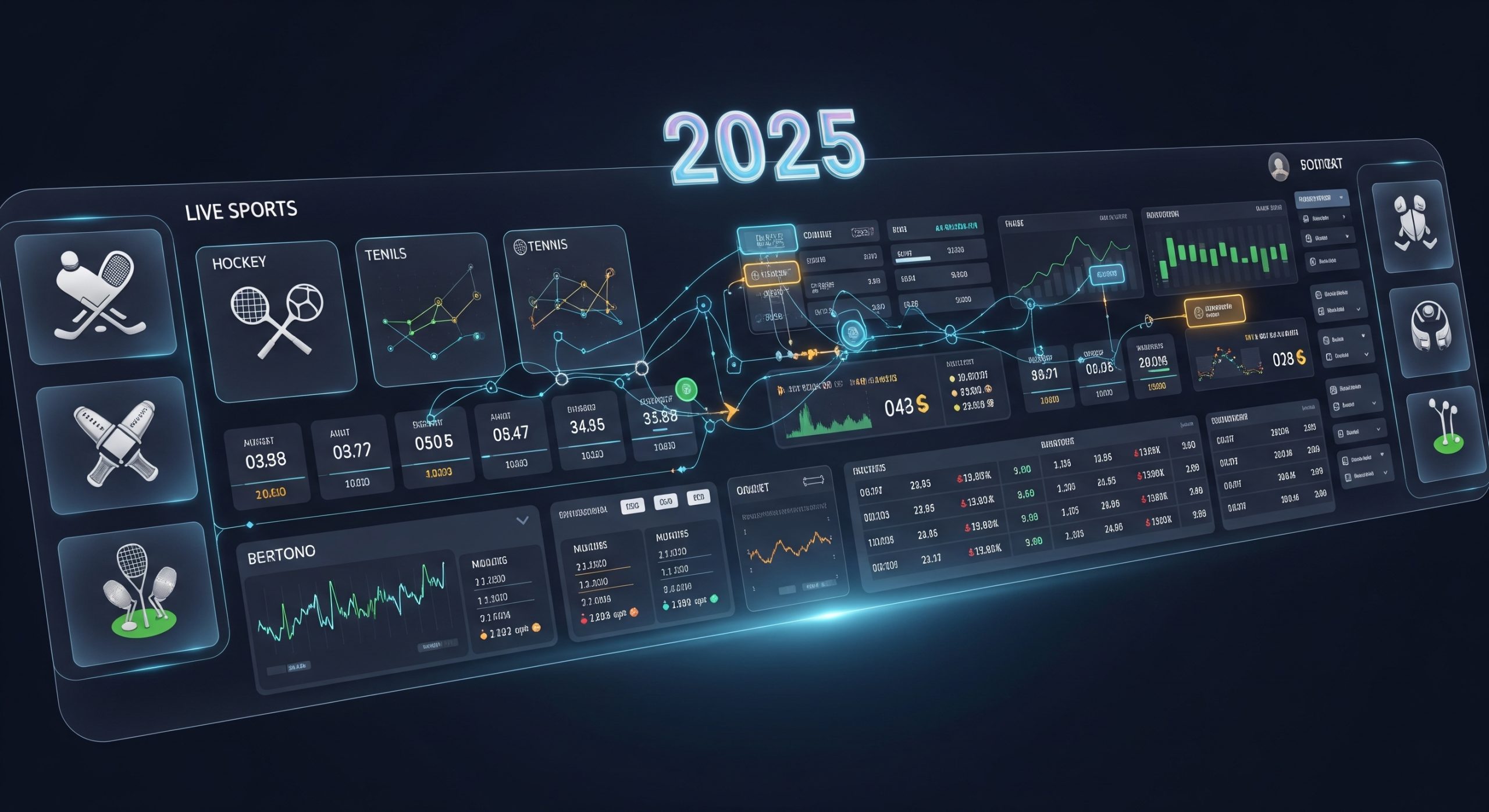As mobile technology continues to advance rapidly online casinos and sportsbooks find themselves at a crossroads in 2025. While desktop platforms drove the initial growth of the industry mobile devices now account for the majority of key customer metrics.
Mobile Leads in Customer Volume and Revenue
The ubiquity of smartphones and tablets has led to their dominance in overall customer numbers. Mobile gaming platforms like 666Casino now boast 65% more monthly active users than desktop, a stark reversal from just three years ago. While some of this growth comes from an expanded customer base, many stems from desktop users migrating to mobile. This trend holds true across all demographics, but especially users under 40.
Mobile users also tend to spend more on average per session. In 2025, the average mobile sports bettor wagers 15% more than their desktop counterpart each month. For casino games, this gap widens to 30% in favor of mobile. With higher overall volume and revenue per customer, mobile platforms now drive the majority of income for operators.
| Key Metric | Desktop | Mobile |
| Monthly Active Users | 35 million | 65 million |
| Avg Sports Bet Size | $82 | $95 |
| Avg Casino Bet Size | $62 | $81 |
| Total 2025 Revenue | $1.9 billion | $3.1 billion |
Mobile Provides More Convenient Access
The main competitive advantage of mobile lies in its convenience. Players can access sports odds and casino games instantly at any location, rather than being tied to a computer. The rise of 5G networks with dramatically reduced latency also narrows the gap in speed between desktop and mobile.
Desktop interfaces once touted stronger security protections as well, but biometric logins like fingerprint and face ID on modern mobile devices help address those concerns. Large, high-resolution smartphone screens combined with optimized apps also allow for visually appealing graphics without sacrificing usability.
Desktop Retains Edge in Complex Games
While mobile competes well across simpler games, desktops retain advantages in more complex game types. Take live dealer table games, for example, which simulate the experience of playing in a physical casino. The larger displays and powerful processors of desktop computers allow operators to incorporate multiple video streams and interactive elements that enhance immersion. The smaller touchscreens of mobiles struggle to provide the same level of visual detail and control precision.
Desktops also benefit games like daily fantasy sports that require managing large amounts of information. Their keyboard and mouse input allow players to parse detailed stats and edit multiple lineups much faster. While mobile sportsbook apps excel at placing individual bets, they cannot match the efficiency desktop interfaces offer power users.
Balancing Experiences Across Platforms
Rather than competing directly against each other, desktop and mobile are converging into complementary platform experiences. Many customers taking advantage of desktop features also use mobiles in scenarios where convenience matters more than complexity. Modern operators aim to build ecosystem effects by offering integrated wallets, gameplay, and bonus features across both platforms.
The ultimate goal is crafting product experiences tailored specifically to desktop and mobile user needs. Desktop interfaces focus on info-dense displays with precise input control, while mobile designs prioritize simplicity and intuitive access. By playing to the inherent strengths of each platform, operators gain loyalty across more customer touchpoints.
Those that manage to excel at both desktop and mobile stands to capture more share in the continued expansion of online gambling. Balancing these divergent platforms remains crucial for long-term success.

